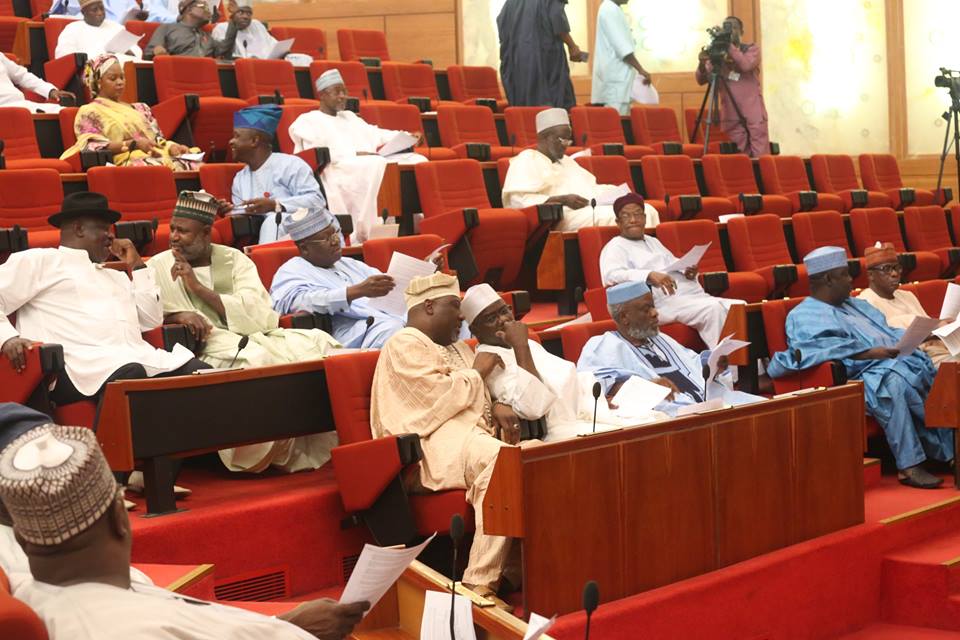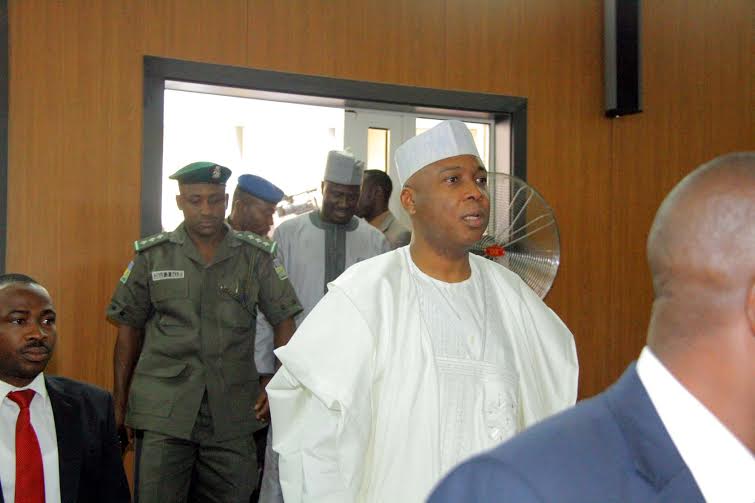As one of the most promising emerging markets in the world, Nigeria aims to be one of the top 20 economies in the world by the year 2020. But for today, it accounts for just 0.5 percent of global gross domestic product (GDP).
In this interview, Mitchell Prather, managing director of Djembe Communications, a consulting firm with roots in Switzerland and the United Arab Emirates, says despite its current contribution to global economy, Nigeria can still achieve its goals with foreign investors coming on board.
Why did Djembe Communications decide to open shop in Nigeria at such challenging times?
Prather: To deliver on our promise of helping Africa reach its potential, we have built a wholly owned network of ten offices in key African and international markets. A great deal of our work involves the delivery of strategic consultancy to African-based organizations, which is why it was so important for us to have a wholly owned network of offices in select African markets. Which is why we decided to open an office in Nigeria—it is Africa’s largest economy and is full of both excitement and opportunity.
Advertisement
What do you intend to add directly to the Nigerian economy, in terms of jobs, capital and other opportunities for Nigerians?
Prather: Our office in Nigeria is fully registered and running with two staff for now. We’re looking to grow our clientele soon and as the business grows, we’ll most certainly hire more hands to our growing team. We’ve grown from four people to 30 members of staff dedicated to African clients and clients entering Africa and will grow to 50 shortly. We expect sixty percent of our team will be locals in each of our African markets. We also plan to work with third party suppliers in achieving some of our business goals and objectives.
We know that your company commissioned a research on job creation in Sub-Saharan Africa, the report of which was published recently. Why it was commissioned and what were the findings?
Advertisement
Prather: Further to Djembe Communications believing in Africa and being an African communications consultancy, we must promote African insights, both within the region and on the global stage. Djembe Insights is our research capability that is designed to garner stronger African insights that we not only bring to key stakeholders but we use to build more relevant communications solutions for our clients. Our research capabilities will continue to expand as we always want to have the latest thinking in African markets that enables us to better understand the real issues clients face as they look to pursue opportunities in Africa.
Moreover, the findings from our initial Djembe Insights report provided a benchmark for measuring ways to promote job creation in Sub-Saharan markets. By hosting roundtables in Angola, Ghana, Mozambique and Nigeria we are providing a forum for key government officials, the private sector and other stakeholders to discuss and debate policy issues that have a direct impact on job creation and other important issues impacting the continent.
As a PR professional, what’s your assessment of the perception of Nigeria in the international business place? How do you think this can be improved?
Prather: The world is gradually recognising Nigeria’s economic potential. It has been identified as one of the 3G Countries (Global Growth Generating Countries) and is a profitable emerging market for investors in the long run. That said, it is also important to note that Nigeria accounts for only around 0.5% of global GDP. The whole of Africa has an annual output of only perhaps $2 trillion, comparable to India or Russia. But the region is growing well and its potential is impressive. Nigeria’s government has set the goal of becoming one of the world’s 20 biggest economies by 2020. We see tech giants such as Google and Facebook expanding their footprint in the market and developments such as these are likely to accelerate Africa’s growth potential resulting in increased employment opportunities. Of course, challenges do remain in such markets, but our work has shown that the perceptions of doing business in Africa are continually improving—and rightly so.
Advertisement
If Nigeria adds only 0.5% to global GDP, do you think it can be part of the top 20 economies in 2020?
Prather: Nigeria is an interesting case study. You’ll observe that a lot of investment opportunities are beginning to open up on the African continent and Nigeria is benefitting largely from this. My take is that Nigeria has the potential to be amongst the top 20 economies in 2020 given the pace with which the government is working towards attracting more investment opportunities.
What is your take on the future of PR in Africa and Nigeria in particular?
Prather: Africa has its own set of challenges – one of the world’s youngest, but less-skilled populations; fragmented infrastructure (ranging from electricity grids to air transport and business-crucial infrastructure) – but these also bring opportunities. This region has enormous economic growth potential with a very young demographic. With political will and continuing levels of investment, the ambitions of millions can be realised. Africa does, in some markets, have a growing middle class with money to spend – but there remains a gulf between those on the way up and those stuck in poverty. This is why African governments, semi-government and private sector organisations need to invest in reputational strategies that help them to grow, attract investment, create job opportunities and build a healthy SME sector.
Advertisement
What new opportunities should PR practitioners explore in the light of emerging technologies?
Prather: Africa is clearly a captivating case study. A growing middle class is becoming a key source for private sector growth in Africa, accounting for much of the effective demand for goods and services supplied. Technological developments are clearly evident and the continent has leap frogged some of its global counterparts when it comes to smart phone penetration. Tech giants such as Google and Facebook are increasing their mark in the market and developments such as these are likely to accelerate Africa’s growth potential resulting in increased employment opportunities. More prominently, it will empower African countries to expand beyond oil and other traditional businesses and emphasize on sectors such as manufacturing and technology, mainly mobile commerce. It is clear-cut to acknowledge that Africa’s growth has been stable and unique, in a very environmental way.
Advertisement







